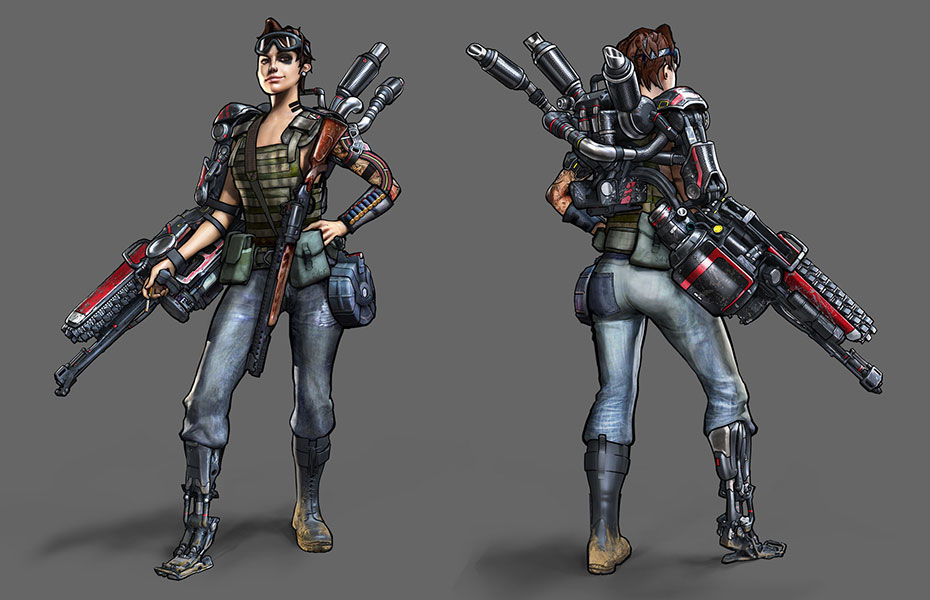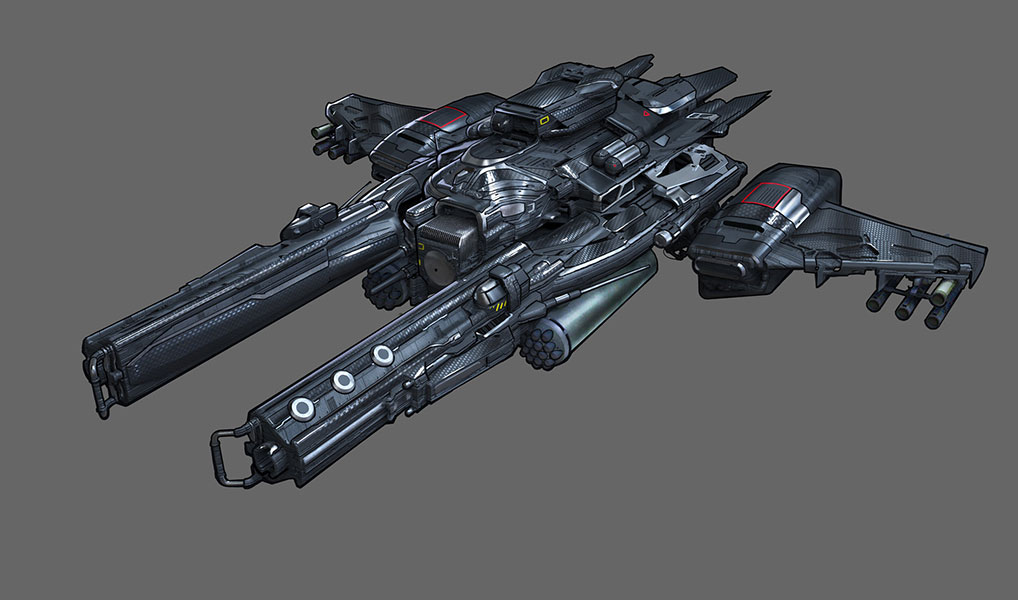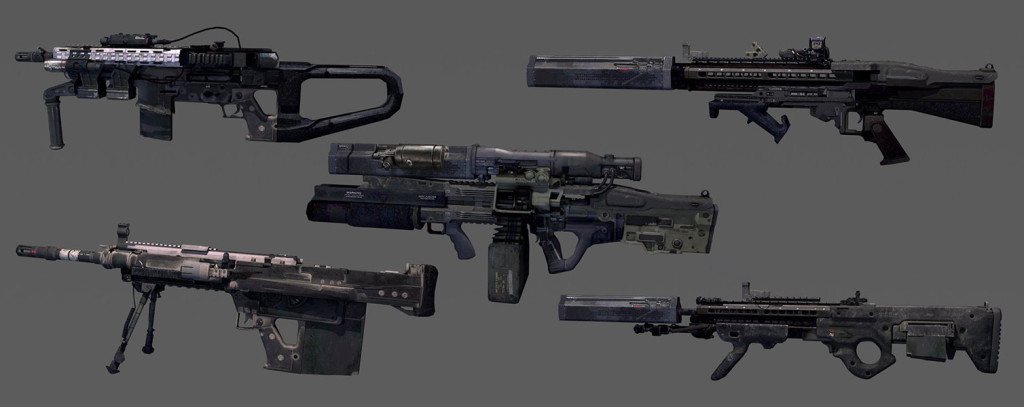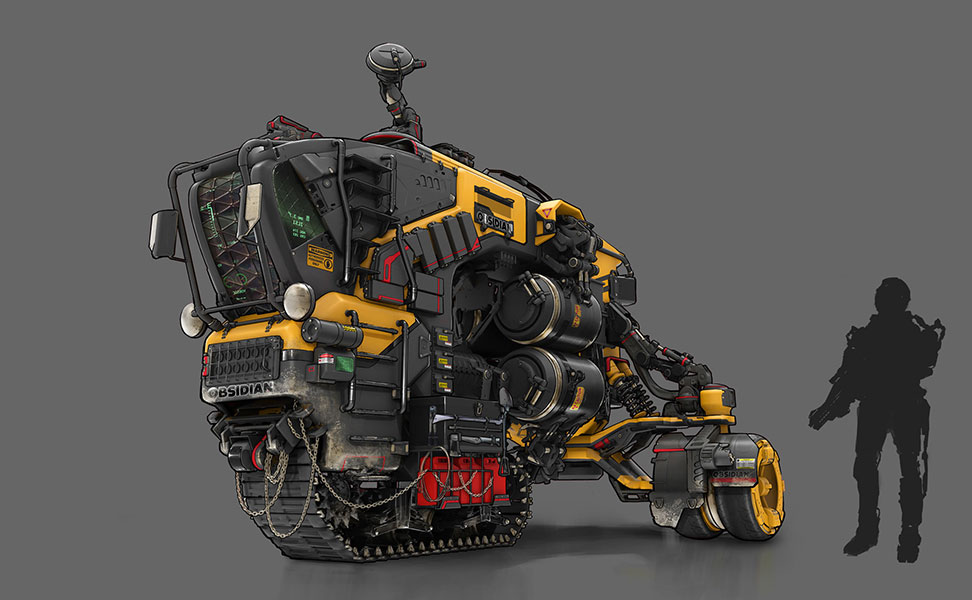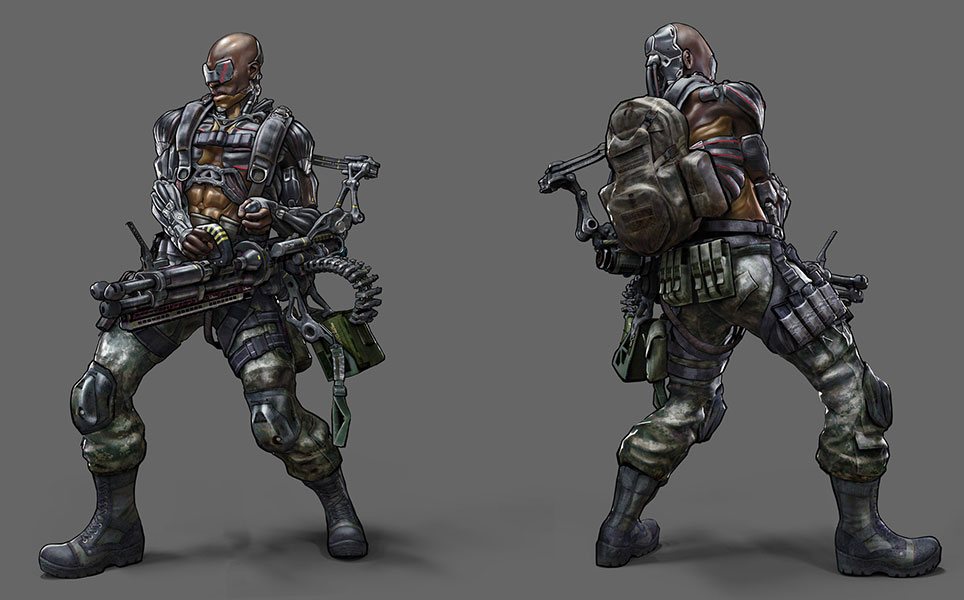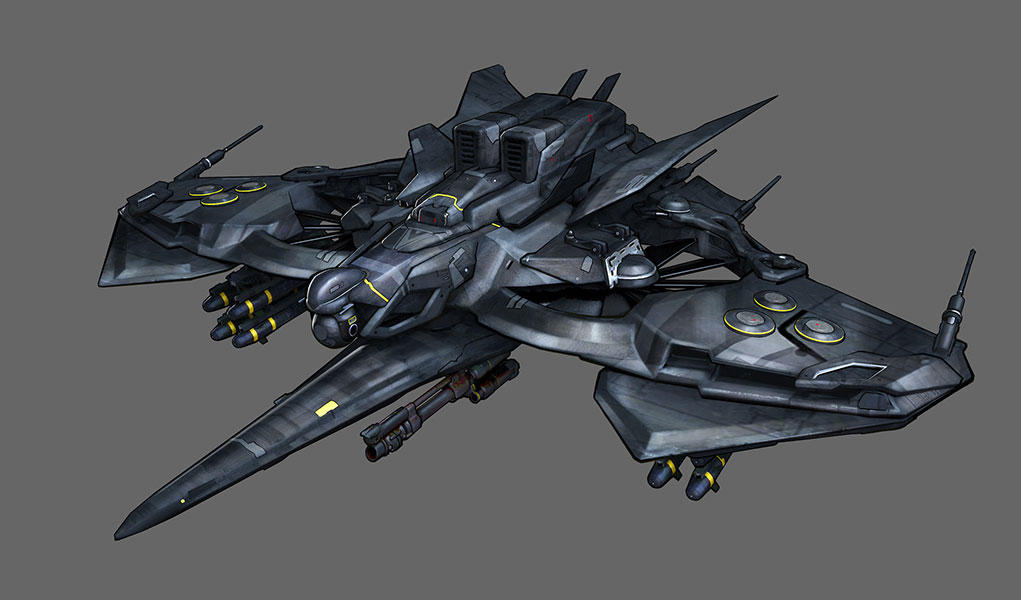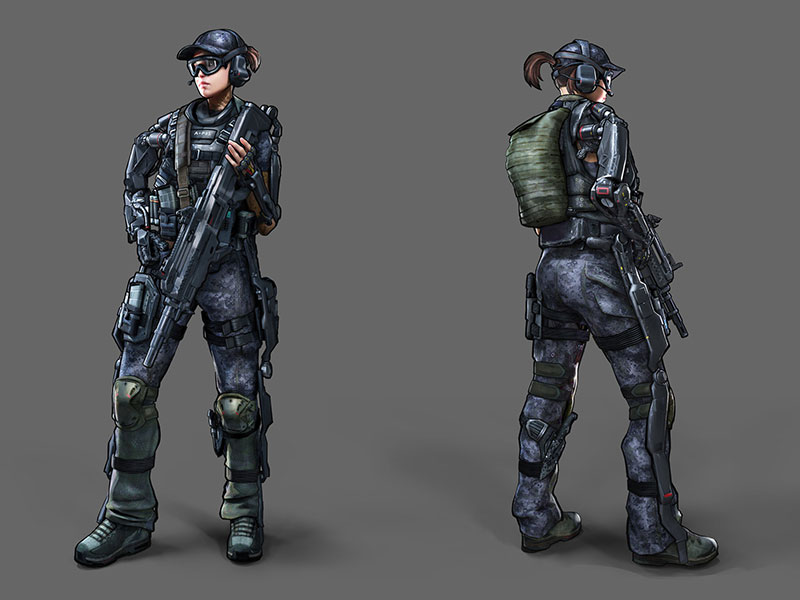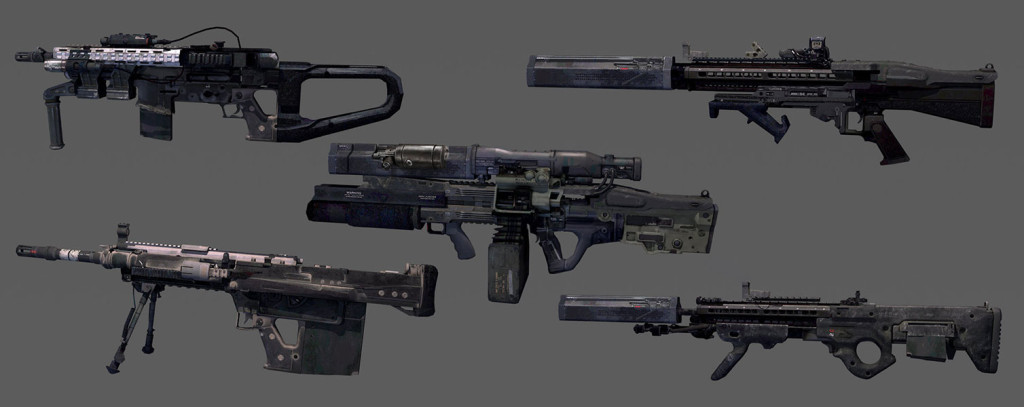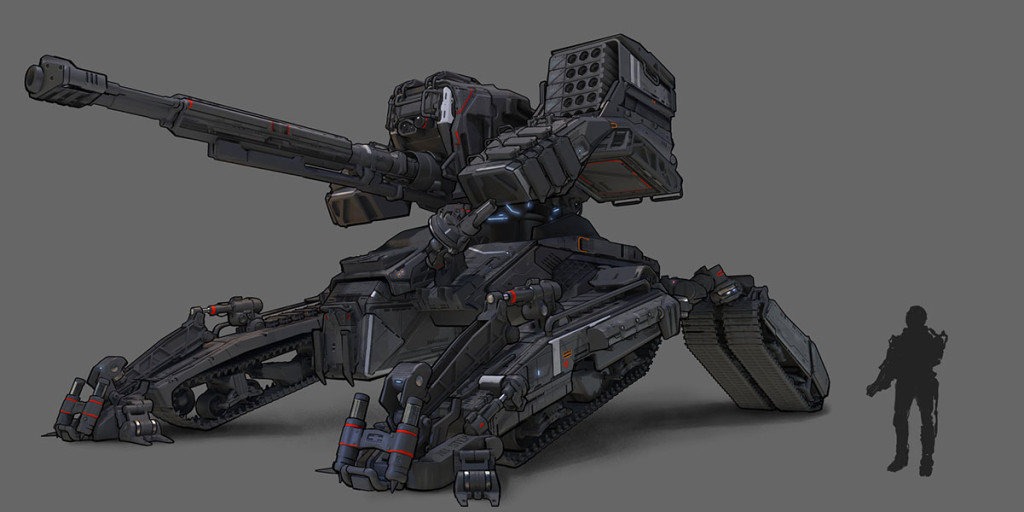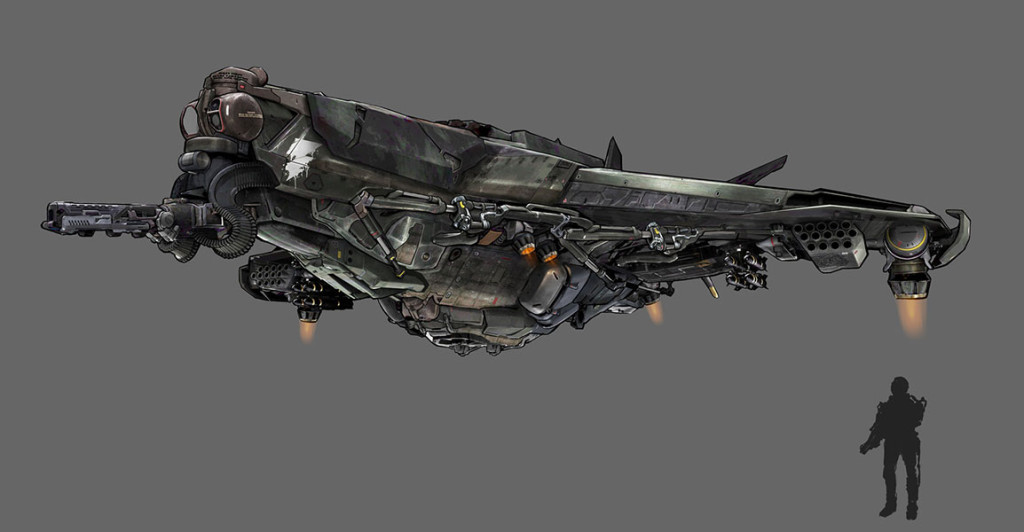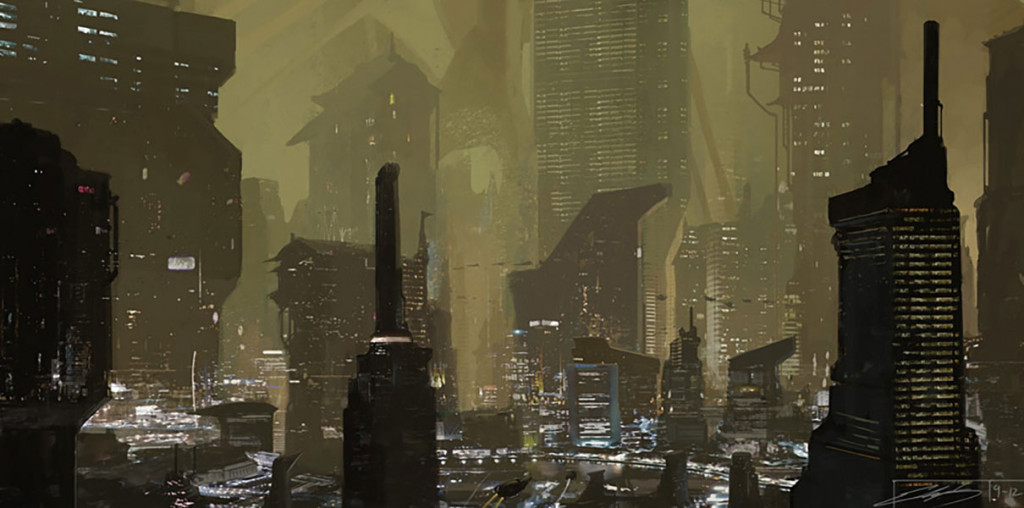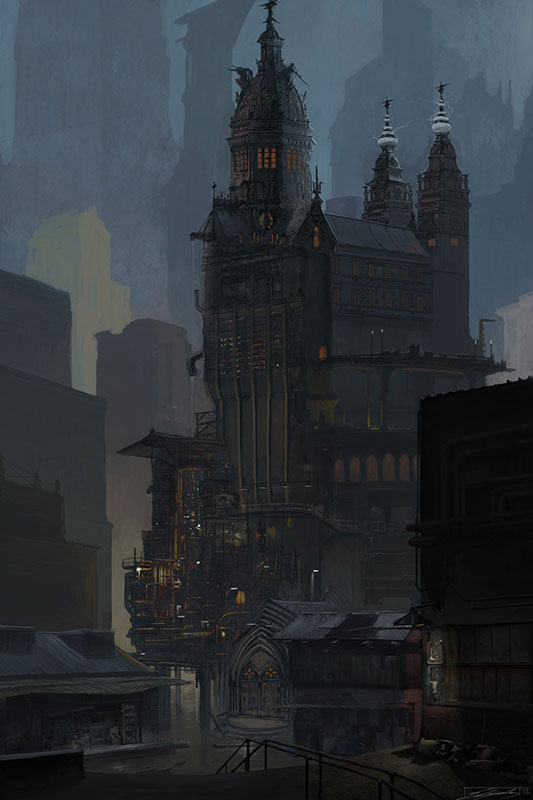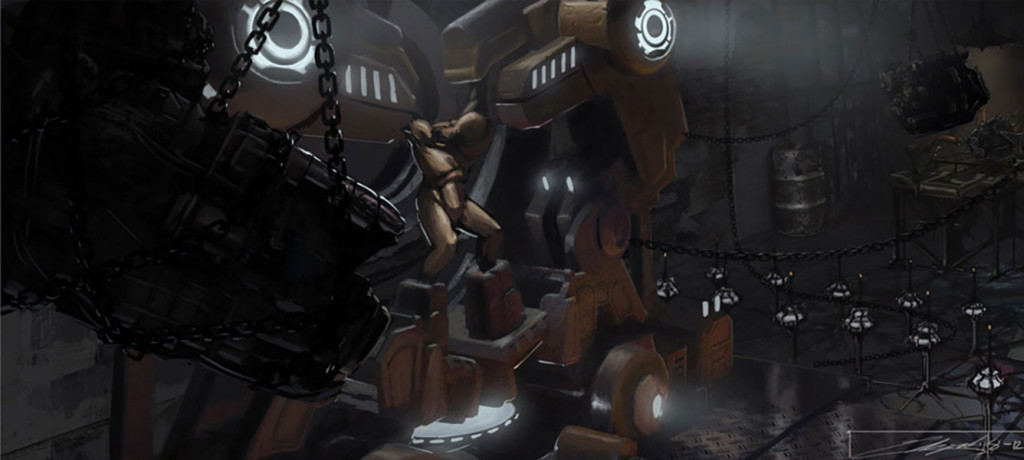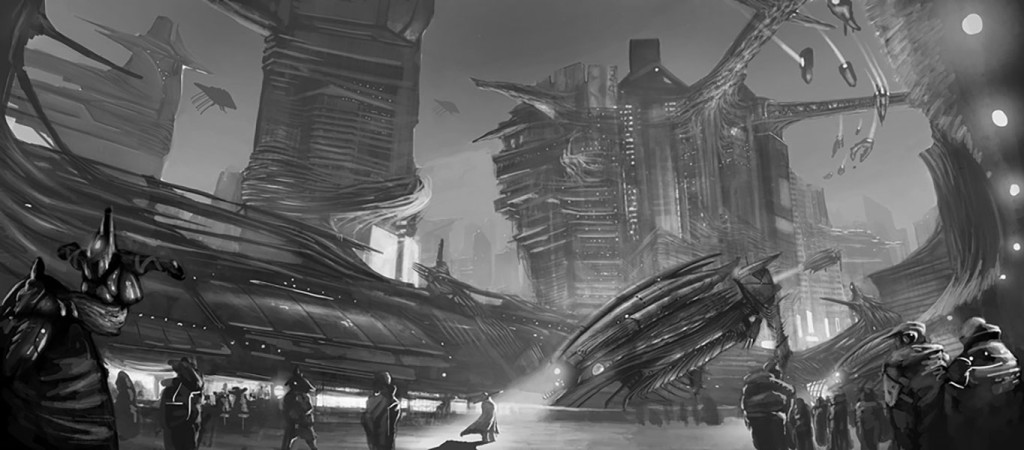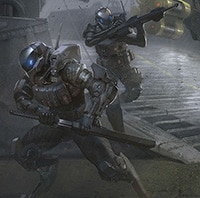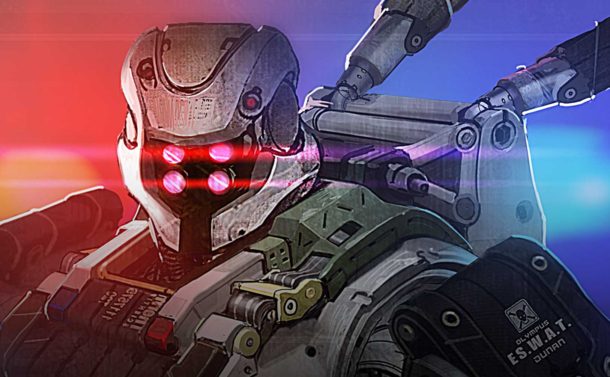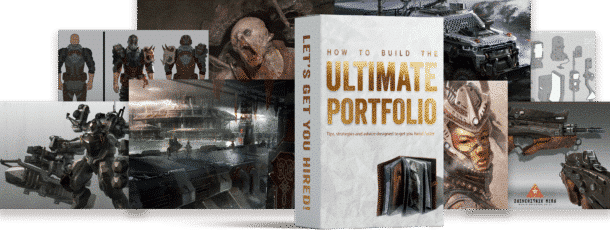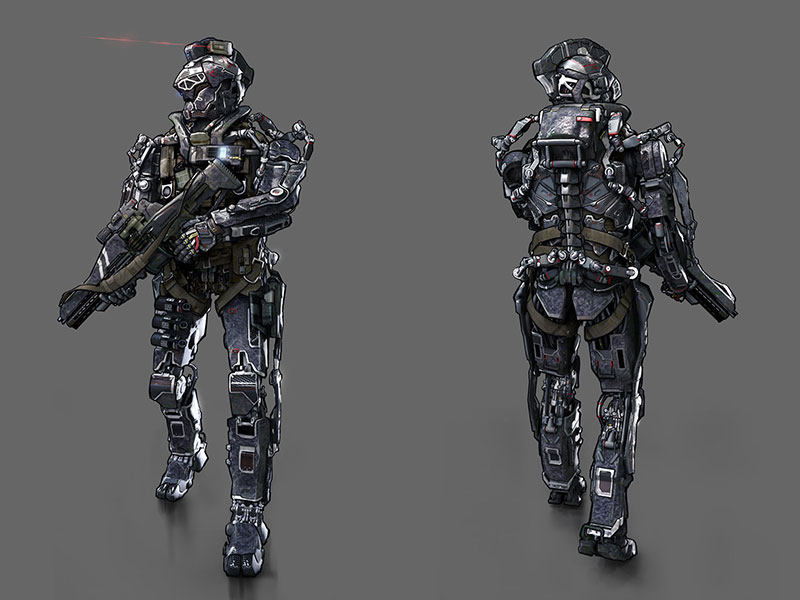
by Eliott Lilly | Jun 29, 2015 | Interviews
Elijah McNeal is a concept designer working in the Entertainment Industry with an emphasis in character design, hard surface design, and illustration.
Website
http://www.artstation.com/artist/el1j4h
http://el1j4h.deviantart.com
Elijah McNeal’s current portfolio examples
If you haven’t already, be sure to check out Part 1 of this interview, where we asked him specific questions about what it’s like to be a concept artist in the entertainment industry, dispel a few common misconceptions that aspiring artists tend to have about the field, and discuss his educational background. Here, in part two of this interview, we asked Elijah McNeal specific questions about, building his portfolio, marketing himself in the industry and more. Here’s what he had to say:
WHAT ARE YOUR LISTS OF DOS AND DON’TS TO BUILDING A STRONG PORTFOLIO?
Show what you’re interested in doing (Could be sci-fi, fantasy, post-modern, etc.). I’ve worked on titles across all spectrums, but I target Sci-Fi because it’s my peak interest. From there, I would say: find your target (painting characters, hard surfaces, and so on). If you’re going to go general you need to be even harder on yourself because some studio’s feel they want someone who does one thing really well over someone who does many things decently. So you need to do all things well if you go for general design.
IF YOU COULD GO BACK AND RE-EVALUATE YOUR OWN GRADUATING PORTFOLIO, HOW WOULD YOU DO? WHAT COULD HAVE BEEN DONE BETTER?
I would have stuck with less rendered work, and would have showed more of my process. It’s important to show how I got to where I did, and to indicate why I made those decisions. I still have some old ideas with potential that I revisit as my skills improve. I highly recommend any aspiring artist do this as well.
HOW DID YOU HUNT DOWN YOUR FIRST JOBS IN THE INDUSTRY?
A wonderful instructor of mine knew the Creative Director on the Star Citizen project. I had insatiable work ethic, was growing quickly, and accepted feedback willingly. So he recommended me.
HOW DID YOU MARKET YOURSELF COMING OUT OF COLLEGE/ FIRST STARTING OUT?
I didn’t have to; I was incredibly lucky. And I think my circumstance illustrates that close or from afar, there are people watching and looking for that right person to handle a task they have.
WHERE DO YOU CURRENTLY MARKET YOURSELF? WHAT GIVES YOU THE MOST RETURN ON YOUR INVESTMENT (YOUR WEBSITE, SOCIAL MEDIA, WORD OF MOUTH?, ETC.)
I still struggle with marketing myself today although I have gotten better. Seeking out studios, making friendships, going to events when possible, interviews, etc. Get to know your brothers and sisters and be generous. People can be incredibly helpful when you do the same.
DO YOU THINK THE INDUSTRY IS VEERING TOWARDS A MORE CONTRACT AND OUTSOURCING MODEL FOR ARTISTS?
More contract and more studio outsource. Freelancing seems to be sharply veering for paintings and much less for design unfortunately.
WHAT’S THE MOST IMPORTANT PIECE(S) OF ADVICE YOU CAN OFFER STUDENTS THAT YOU WISH THEY HAD TOLD YOU IN ART SCHOOL?
Work hard and focus on what you love doing. Do what it takes to get better, if you’re interested in breaking into be a character concept artists, but props are in demand – either get super good at characters or do props well enough and make the fights for characters another day, but don’t settle into a field you don’t want to go into. A lot of guys do and it can take them a while to break out of it and some burn out before they reach that transition.
ASSUMING THAT THERE ARE NO SPACE-TIME PARADOX’S INVOLVED… IF YOU COULD GO BACK IN TIME 10 YEARS (KNOWING WHAT YOU KNOW NOW), WHAT WOULD YOU TELL YOUR YOUNGER SELF TO DO DIFFERENTLY?
Draw more, keep on track, you’ll do well.
This concludes our interview with Elijah McNeal. All images used with permission by the artist. ©Elijah McNeal.
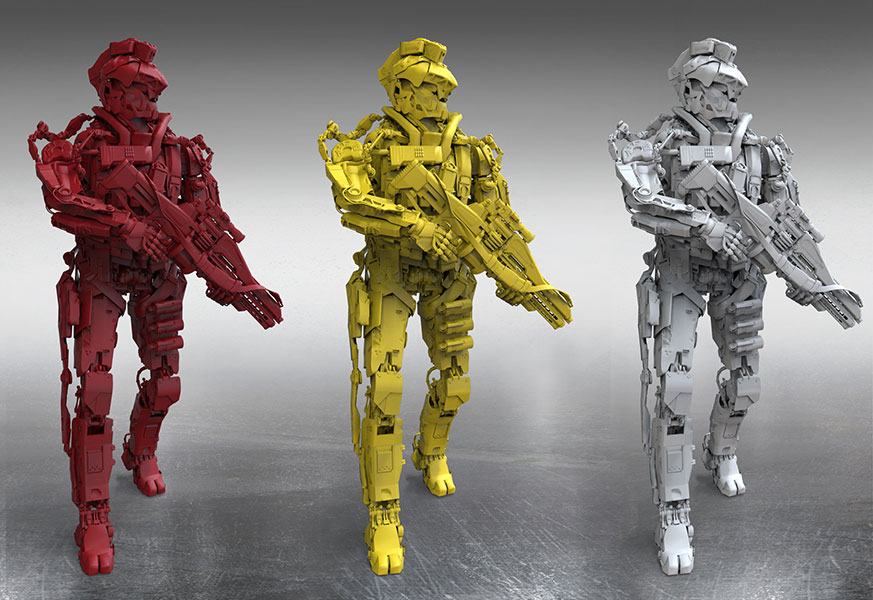
by Eliott Lilly | Jun 29, 2015 | Interviews
Elijah McNeal is a concept designer working in the Entertainment Industry with an emphasis in character design, hard surface design, and illustration.
Websites:
http://www.artstation.com/artist/el1j4h
http://el1j4h.deviantart.com
Elijah McNeal’s current portfolio examples
In this first part of the interview, we asked Elijah McNeal specific questions about what it’s like to be a concept artist in the entertainment industry, dispel a few common misconceptions that aspiring artists tend to have about the field, and discuss his educational background. Here’s what he had to say:
HOW OLD WERE YOU WHEN YOU DECIDED TO COMMIT TO BEING AN ARTIST? WHAT WERE YOUR MOTIVATIONS/ INSPIRATIONS?
I would draw almost non-stop when I was a kid. I had learned about concept artists for the first time while reading the Art of Starsiege. I figured it would be a fun “job” for me so upon leaving the Navy, I decided to go for it.
WHAT DO YOU LIKE MOST ABOUT YOUR JOB? WHAT DO YOU FEEL ARE THE BIGGEST CHALLENGES?
Talking with excited directors and teams, when I’m really jamming along with the ideas, [is what I like the most about the job, but] keeping neutral is a challenge even for me some days.
ARE THERE ANY MISCONCEPTIONS YOU THINK STUDENTS TEND TO HAVE ABOUT CONCEPT ART AND ILLUSTRATION, THAT YOU WISH TO SET STRAIGHT?
Appropriation I think. Ripping apart photos and slamming them together versus actually considering the design and also style. [Don’t take] function to the point the designs become redundant and less fun- try to make it as fun as you can. It doesn’t have to really work, it just needs to be believable. Even if it doesn’t work out, your enthusiasm will be appreciated.
I think style is underestimated. It doesn’t have to be grand or boisterous, but man it sure helps when it is. It gets the other guys motivated.
CAN YOU SHARE A PERSONAL STORY, ABOUT A HARD LESSON THAT YOU LEARNED THAT COULD HAVE BEEN AVOIDED, HAD YOU BEEN BETTER INFORMED?
Focus on what you do and what you love doing. Help out in other areas, but don’t let yourself get overwhelmed and bite off more than you can chew. Either you’ll fail, or you’ll burn out succeeding and find your discipline fraying.
Elijah McNeal’s early portfolio examples
HOW VALUABLE WILL GETTING AN EDUCATION FROM A UNIVERSITY OR COLLEGE BE FOR ASPIRING ARTISTS WHO WANT TO BREAK INTO THE ENTERTAINMENT INDUSTRY?
Education is education. I don’t look at it as what helps to get a job, as much as how can that education enrich myself and enhance my skills. Executing those skills is where the whole job thing comes in. You don’t need school to get a job, but I think it can round you out. You’ll also make contacts:I got my first job by a recommendation from a instructor.
WERE YOU DISCIPLINED AND/OR FOCUSED IN SCHOOL?
I was a grinder. At the start I wanted to do everything as well as possible. Near the end I started doing the minimum and using as much time as I could on design and challenging that skill.
BESIDES THE FUNDAMENTAL ART CLASSES, WHAT CLASSES DO YOU THINK STUDENTS SHOULD TAKE IN COLLEGE?
Drawing! Drawing! Drawing! Sculpture and Animation.
DID YOU HAVE ANY OUTSIDE HELP PUSHING YOU ALONG WITH YOUR TRAINING? FROM A MENTOR, PASSIONATE TEACHER? FAMILY? FELLOW STUDENT?
Yep. I had some teachers who at first warned against going into concept art, but eventually those turned around and plenty were initially supportive. My family was of course supportive and loving. I’m a super lucky guy.
DID YOU STUDY OR TAKE ADDITIONAL CLASSES/ LESSONS, OUTSIDE OF SCHOOL? IF SO, HOW FREQUENTLY?
I did two sculptures classes while working in the industry; One with Furio Tedeschi and another with Peter Konig. I had gotten a bit rusty from so much drawing and illustration. Ultra helpful and lots of knowledge to be gained.
This concludes Part 1 of our interview. In Part 2, we discuss with Elijah McNeal his Dos and DONTs of portfolio building, how he branded and marketed himself in the beginning, and much more. Head on over to continue reading.
All images used with permission by the artist. © Elijah McNeal


